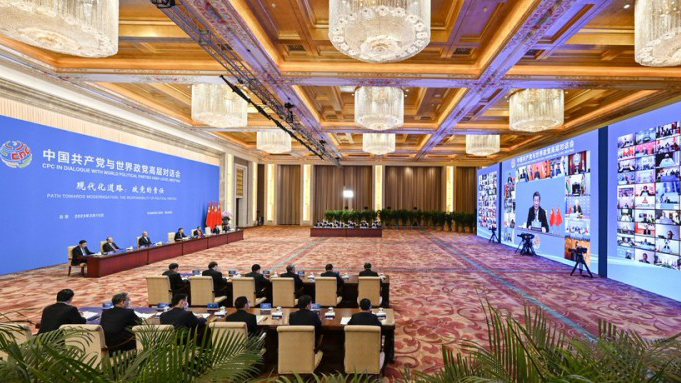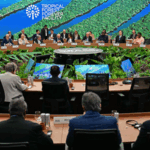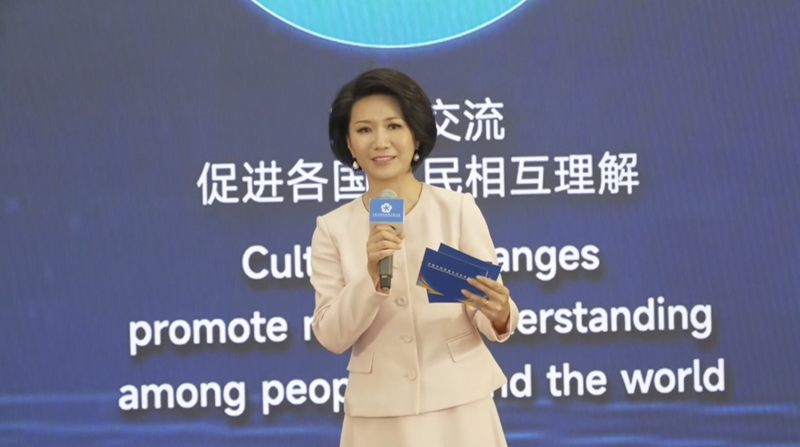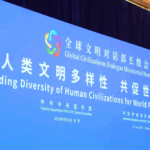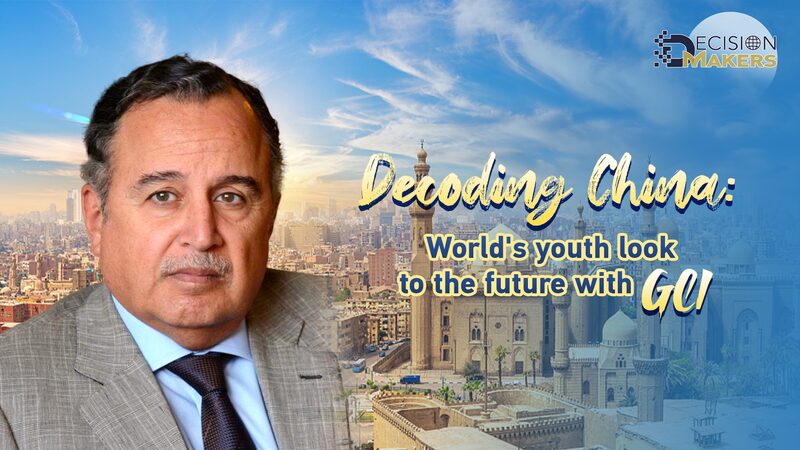As geopolitical tensions rise and global challenges mount, Beijing hosted the Ministerial Meeting of the Global Civilizations Dialogue this week, emphasizing cultural diversity as a cornerstone for sustainable development. The event, themed "Safeguarding Diversity of Human Civilizations for World Peace and Development," brought fresh attention to China’s Global Civilization Initiative (GCI) – a framework positioning pluralism as key to addressing 21st-century challenges.
Modernization Beyond Monoculture
Launched in March 2023 by Chinese President Xi Jinping, the GCI challenges the notion that modernization requires cultural homogenization. "Civilizational development is dynamic and diverse," stated Xi during the initiative’s unveiling, framing it as China’s contribution to redefining global progress. The initiative critiques Western-centric models, highlighting economic stagnation and inequality in some industrialized nations as evidence of their limitations.
South-South Collaboration Blueprint
China’s own modernization strategy – balancing technological advancement with ecological preservation and equitable growth – serves as a case study. Analysts note its particular resonance with Global South nations seeking development models adapted to local contexts rather than imported templates. The GCI framework encourages knowledge-sharing between civilizations while opposing what Chinese scholars describe as "hegemonic model exports" by some Western powers.
Dialogue as Development Engine
The Beijing dialogue comes as multilateral institutions face unprecedented strain. Participants explored how cultural exchange can mitigate conflicts and foster cooperative solutions to shared challenges like climate change and AI governance. "Civilizational dialogue isn’t about erasing differences," noted one delegate. "It’s about creating synergy from diversity."
While the initiative faces questions about implementation, its emergence signals China’s growing confidence in proposing global governance alternatives. As developing nations contribute over 50% of world GDP for the first time in centuries, the GCI’s emphasis on polycentric development could reshape international cooperation frameworks in coming decades.
Reference(s):
cgtn.com
